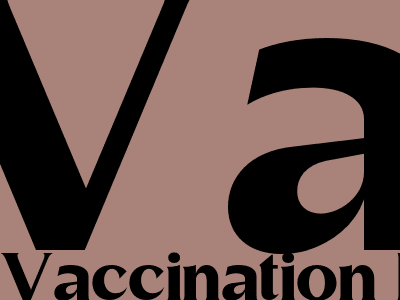
Vaccination Influensa Och Covid
Vaccination: Influenza and COVID
Understanding the Importance of Vaccination
Vaccinations play a crucial role in protecting individuals and communities from infectious diseases. They work by introducing a weakened or inactivated form of a virus or bacteria into the body, stimulating the immune system to produce antibodies. These antibodies provide protection against future exposure to the actual pathogen.
Seasonal Influenza Vaccination
Seasonal influenza, commonly known as the flu, is a respiratory illness caused by influenza viruses. It is highly contagious and can spread through droplets released into the air when an infected person coughs or sneezes. Symptoms of the flu include fever, chills, muscle aches, headache, and fatigue. Vaccination is the most effective way to prevent the flu and its complications. The Centers for Disease Control and Prevention (CDC) recommends that everyone over six months of age gets an annual flu shot. The flu vaccine is typically available from September through March. It takes about two weeks for the vaccine to become effective.
COVID-19 Vaccination
COVID-19 is a respiratory illness caused by the SARS-CoV-2 virus. It is highly contagious and can spread through close contact with an infected person or by inhaling droplets released into the air when an infected person coughs or sneezes. Symptoms of COVID-19 can range from mild to severe and can include fever, chills, cough, shortness of breath, fatigue, and loss of taste or smell. Vaccination is the most effective way to prevent COVID-19 and its complications. The CDC recommends that everyone over five years of age get vaccinated against COVID-19. The COVID-19 vaccine is typically available from your doctor's office, pharmacy, or local health department. It takes about two weeks for the vaccine to become effective.
Benefits of Vaccination
Vaccinations offer numerous benefits for individuals and communities, including: * **Reduced risk of infection:** Vaccines provide protection against specific diseases, reducing the likelihood of contracting them. * **Milder symptoms:** If a vaccinated person does get sick, their symptoms are likely to be milder than if they were unvaccinated. * **Prevention of complications:** Vaccinations can help prevent serious complications from infectious diseases, such as pneumonia, meningitis, and sepsis. * **Herd immunity:** When a large proportion of the population is vaccinated, it creates herd immunity, which helps protect those who cannot be vaccinated, such as infants and people with weakened immune systems. * **Protection of others:** Vaccinations not only protect the vaccinated person but also help protect those around them, including family members, friends, and coworkers.
Safety of Vaccinations
Vaccinations are safe and effective. They undergo rigorous testing and monitoring to ensure their safety. Vaccines have been shown to be safe and effective in preventing numerous infectious diseases. Common side effects of vaccinations include mild pain, redness, or swelling at the injection site. More severe side effects are rare. If you have any concerns about the safety of vaccinations, talk to your doctor.
Importance of Staying Up-to-Date on Vaccinations
It is important to stay up-to-date on vaccinations throughout your life. The immune system changes over time, and vaccinations may need to be repeated to maintain immunity. Some vaccines, such as the flu vaccine, need to be given annually to provide ongoing protection. Talk to your doctor about which vaccinations you need and when you need to get them. By staying up-to-date on vaccinations, you can protect yourself and others from infectious diseases.
Conclusion
Vaccination is a vital public health tool that helps protect individuals and communities from infectious diseases. Vaccinations are safe, effective, and offer numerous benefits. By getting vaccinated, you can help protect yourself, your loved ones, and your community from disease.

Komentar